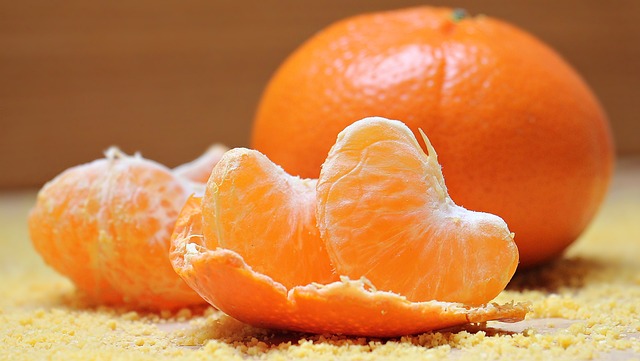Probiotics vs. Prebiotics: What’s the Difference and Why It Matters?
Probiotics and prebiotics are two terms that are often used interchangeably and can be confusing. They are both important for gut health, but they aren’t the same thing. Here’s what you need to know:
What are Probiotics?
Probiotics are live bacteria and yeasts that are good for your gut health, specifically the digestive system. The word “probiotic” is derived from the Greek words “pro” meaning “promoting” and “biotic” meaning “life”. These microorganisms are similar to the beneficial microbes that naturally reside in your gut, but they can also be found in fermented foods such as yogurt, kefir, kombucha, sauerkraut, and kimchi, as well as in certain dietary supplements.
Probiotics are believed to help restore the natural balance of bacteria in your gut microbiome, which can be disrupted by poor diet, stress, illness, antibiotic use, and other factors. Some of the benefits of taking probiotics may include better digestion, improved immune function, reduced inflammation, and a reduced risk of certain diseases.
What are Prebiotics?
Prebiotics, on the other hand, are a type of non-digestible fiber that act as food for the probiotics or good bacteria in your gut. They help to promote the growth and activity of the beneficial microbes, allowing them to thrive and carry out their important functions. They are found in certain foods such as garlic, onions, leeks, asparagus, bananas, apples, and whole grains.
Prebiotics are important because they help to nourish and support the probiotics, allowing them to better perform their functions. Without prebiotics, probiotics may not be able to colonize the gut and carry out their important functions to the fullest extent.
What’s the Difference?
Probiotics and prebiotics are both important for gut health, but they have different roles. Probiotics are live bacteria and yeasts that are good for your gut health, while prebiotics are a type of fiber that helps to feed and support the probiotics. Simply put, probiotics are the “good” bacteria that live in your gut, while prebiotics are the food that helps them thrive.
Although they are different, probiotics and prebiotics work together to promote gut health. By taking probiotics and consuming prebiotic-rich foods, you can improve the balance of bacteria in your gut, reduce inflammation, and support proper digestion.
Why It Matters?
Gut health is important for overall health. The gut microbiome, which is the collection of microorganisms that live in your gut, plays a critical role in digestion, immune function, and other important processes. When the gut microbiome is imbalanced, it can lead to a variety of health problems, including digestive issues, autoimmune disorders, mental health problems, and more.
By consuming probiotics and prebiotics, you can promote a healthy balance of bacteria in your gut, which can help to support overall health and wellbeing. It’s important to note that not all probiotics and prebiotics are created equal, and it’s important to choose products that are backed by scientific research and have been shown to be effective.
The Bottom Line
Probiotics and prebiotics are both important for gut health, but they are not the same thing. Probiotics are live bacteria and yeasts that are good for your gut health, while prebiotics are a type of fiber that helps to feed and support the probiotics. By consuming both probiotics and prebiotics, you can promote a healthy balance of bacteria in your gut, which can help to support overall health and wellbeing.
It’s important to talk to your doctor or healthcare provider before taking any type of dietary supplement, including probiotics. They can help you determine whether you could benefit from probiotics, and can recommend specific products that may be right for you.







